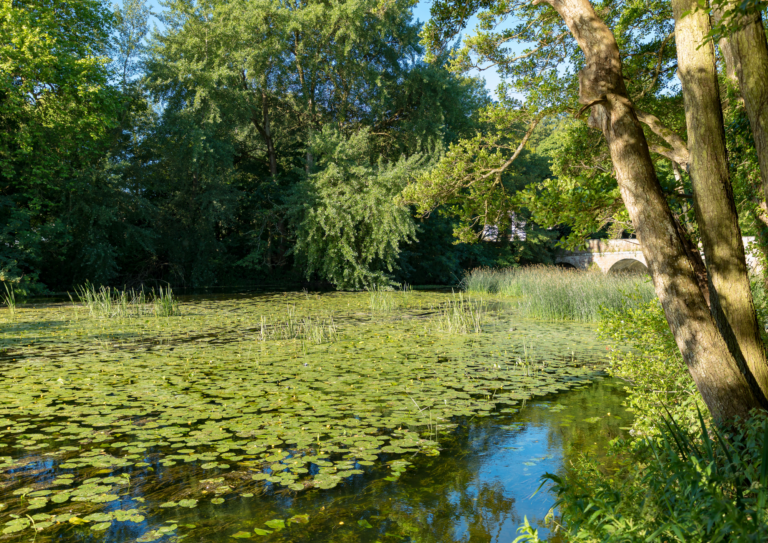A Guide to the Embalming Process & Alternatives

Embalming is a common process within the funeral practice and has been carried out for thousands of years in several forms. Since the early 20th century, embalming has also otherwise been known as ‘hygienic treatment’. To help you decide if embalming is right for your loved one, our funeral directors have put together a guide to the embalming process as well as some eco-friendly alternatives that you may wish to consider. We have also spoken to Matt, one of our embalmers, to get an insight into what the embalming process entails and how he got into the industry.
What is embalming?
 Embalming is the process of preserving a body after death through the use of preservatives to delay the effects of natural deterioration. Many people have their loved ones embalmed after they have passed away in order to spend more time with them before the funeral service. Matt describes the embalming process as extremely rewarding “I just could not believe the before and after difference and the dignity it gave them. The job satisfaction of knowing that you are bringing some sort of comfort to the families of the deceased.”
Embalming is the process of preserving a body after death through the use of preservatives to delay the effects of natural deterioration. Many people have their loved ones embalmed after they have passed away in order to spend more time with them before the funeral service. Matt describes the embalming process as extremely rewarding “I just could not believe the before and after difference and the dignity it gave them. The job satisfaction of knowing that you are bringing some sort of comfort to the families of the deceased.”
“I’ve worked as an embalmer for 22 years and started out working at my local funeral directors (Lesley Shand Funeral Service). Not all days are the same and sometimes a deceased person can come up with challenges completely different from the last i.e. someone who has died of cancer would need to be treated differently to someone who has died of old age.”
The embalming process preserves a loved one’s appearance and creates a sense of peacefulness, which often provides those grieving with additional comfort. Some families also choose to embalm if they wish to lay their loved ones in an open coffin at the funeral service.
What does the embalming process involve?
The embalming process helps to temporarily delay these initial stages of deterioration to restore someone’s appearance. This involves replacing body fluids with a solution of chemical preservatives to help reduce pallor of the skin. “We embalm a body by making a small incision and inject something called formaldehyde” Matt says. “This slows down the decomposition of the body ”.
The embalming process includes washing of the body both before and after, as well as gentle massaging of the skin to work the fluids around the body. A loved one’s facial expression will be restored to a natural sleeping state, ensuring your loved one appears at peace. Matt explained that the final part of the embalming process is dressing and grooming the person. “We try and present them as closely as possible to how they looked when they were alive i.e. clean-shaven, hair styled, beard trimmed etc.”
Eco-friendly alternatives to embalming
Embalming uses a chemical called formaldehyde, which when absorbed into the ground can contribute to pollution. For those looking for an eco-friendly alternative to traditional embalming, here are a few options:
- Enigma eco-balming: This option is a newer form of embalming and isn’t currently widely used by all funeral directors. Enigma eco-balming involves the use of non-toxic plant-based oils that is better for the environment.
- Prompt funeral: It is quite common for funeral dates to be prolonged. Even with no requests for viewing, embalming may need to be carried out, because of the length of time between death and the funeral. A prompt funeral can limit the need for embalming. If a family requests to view the body before, this must be done within 48 hours of death.
- Direct cremation: Direct cremation doesn’t involve viewing the body and therefore no need for embalming.
For more information about embalming or our coffin services, get in touch with our funeral directors in Dorset. Find your local branch and a member of our team would be happy to support you and discuss the options.

